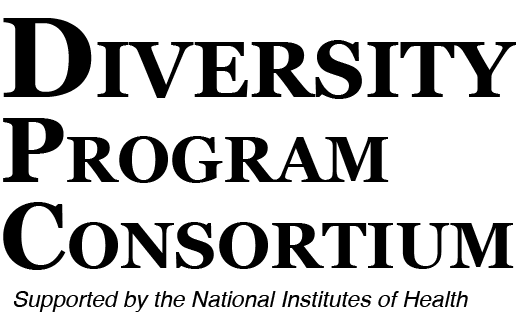Poster #6000, Angelica Marquez, UTEP BUILDing SCHOLARS
Poster Title: Continued development of the OncoMiner pipeline PROVEAN for scoring exonic variant effects in pediatric acute myeloid leukemia
Abstract: Acute myeloid leukemia (AML) is a cancer where myeloblasts cannot mature into healthy white cells. Precision therapies for pediatric AML are in increasing demand. Whole exome sequencing (WES) data of pediatric AML patients are available in the Therapeutically Applicable Research to Generate Effective Treatment (TARGET) database. From there, we downloaded data of 18 patients between one and 17 years old, where each individual has three WES datasets at three phases: when first diagnosed, in remission following treatment, and after relapse. The objective of the current study is to identify exonic DNA variants from AML patients at these phases. The datasets, ranging from 17 to 31 GB in size in the BAM (binary alignment map) format, are being analyzed using OncoMiner, a web-based bioinformatics pipeline (OncoMiner.utep.edu) for WES data analysis. The first step is to run the OncoMiner Preprocessing program to convert the BAM files to OncoMiner Input files in a CSV (comma-separated values) format. These files are then submitted to the OncoMiner pipeline to assess the variants? deleterious effects by their PROVEAN scores. OncoMiner provides a Python script that calculates the PROVEAN (PROtein Variation Effect Analyzer) scores. We identified that did not accurately transcripted the ingestion of new data. We made a communication diagram to provide insight to the definitions to identify and correct problems. While this work is still in progress, we expect the corrected the PROVEAN tool in the OncoMiner pipeline, to then provide visualization, and statistical analysis this will aid the understanding the genetic mechanisms of AML development at the DNA level and help design better strategies for diagnosis and treatment.





